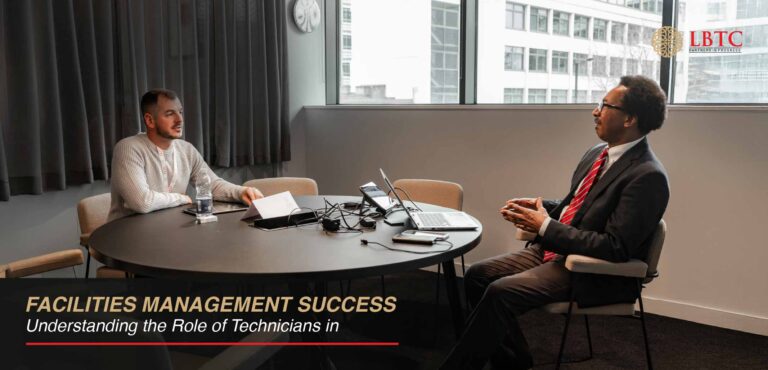Understanding the Role of Technicians in Facilities Management Success.
3 min read
Facilities management is an important field behind the seamless operation of buildings and infrastructure, encompassing a huge range of services that ensure functionality, comfort, safety, and efficiency. The technicians in this field are the gems whose expertise and sheer dedication have a key role in facilities management. Their unique roles not only maintain the physical assets but also contribute significantly to the overall organisational objectives.
Core Responsibilities of Facilities Maintenance Technicians
Facilities maintenance technicians are tasked with a wide range of responsibilities to preserve and boost the operational efficiency of the facility. Below given are their duties:
Routine Maintenance and Repairs: Inspections and doing essential repairs on mechanical, electrical, plumbing, as well as structural systems so that malfunctions are prevented.
Safety: To check whether the facilities are working smoothly sticking to the health and safety regulations, thereby protecting the team.
Emergency Response: Able to resolve emergency problems promptly to reduce downtime and drop the number of possible damages.
Coordination with Vendors: Strong communication with external vendors for special services, overseeing their work to make sure quality is as per the standards.
Record Keeping: Experts also keep logs of the activities and repairs, which are essential for audits and future planning.
What Are the Skills and Expertise?
The effectiveness of a facilities maintenance technician depends on a combination of technical prowess and soft skills:
- Technical Proficiency: Must have deep understanding of different building systems that should include knowledge of HVAC, electrical, and plumbing, is important for diagnosing and resolving complex problems.
- Problem-Solving Abilities: The ability to analyse situations rapidly and identify root causes of issues, and implement effective solutions quikcly.
- Adaptability: Flexibility to handle a huge and variety of tasks, besides they must adapt evolving technologies and procedures within the facilities management landscape.
- Communication Skills: Clear and effective communication is very crucial for coordinating with your team members, management, and external vendors.
- Technological Acumen: Proficiency in using modern maintenance management software and tools for streamlining operations and boosting efficiency.
Impact on Organisational Success
The role of technicians extends beyond maintenance tasks; they are instrumental in achieving broader organisational goals:
- Operational Continuity: By ensuring that all systems function correctly, technicians prevent disruptions that could impede business operations.
- Cost Efficiency: Just by reducing the maintenance cost the likelihood of expensive emergency repairs and extends the lifespan of assets.
- Better Safety and Compliance: Inspections are done at regular intervals, and following safety protocols protects the organisation from legal problems.
- Sustainability Initiatives: Technicians contribute to energy efficiency and sustainability efforts by maintaining systems that reduce waste and environmental impact.
The Value of Facilities Management Courses
To excel in this dynamic field, continuous professional development is important. Enrolling in facilities management courses helps technicians with up to date data and skills, this ensures they remain ahead in the latest industry practices and technological advancements. These courses cover different topics, including maintenance strategies, safety rules, and the integration of sustainable practices.
Conclusion
Facilities maintenance technicians are nothing less than an anchor of effective facilities management because the look after the organisational assets are well-maintained and as per the quality standards. Their amazing skill set and dedication preserve the physical integrity of facilities and drive sustainability.
Ultimately, they contribute in the success of the organisations.




